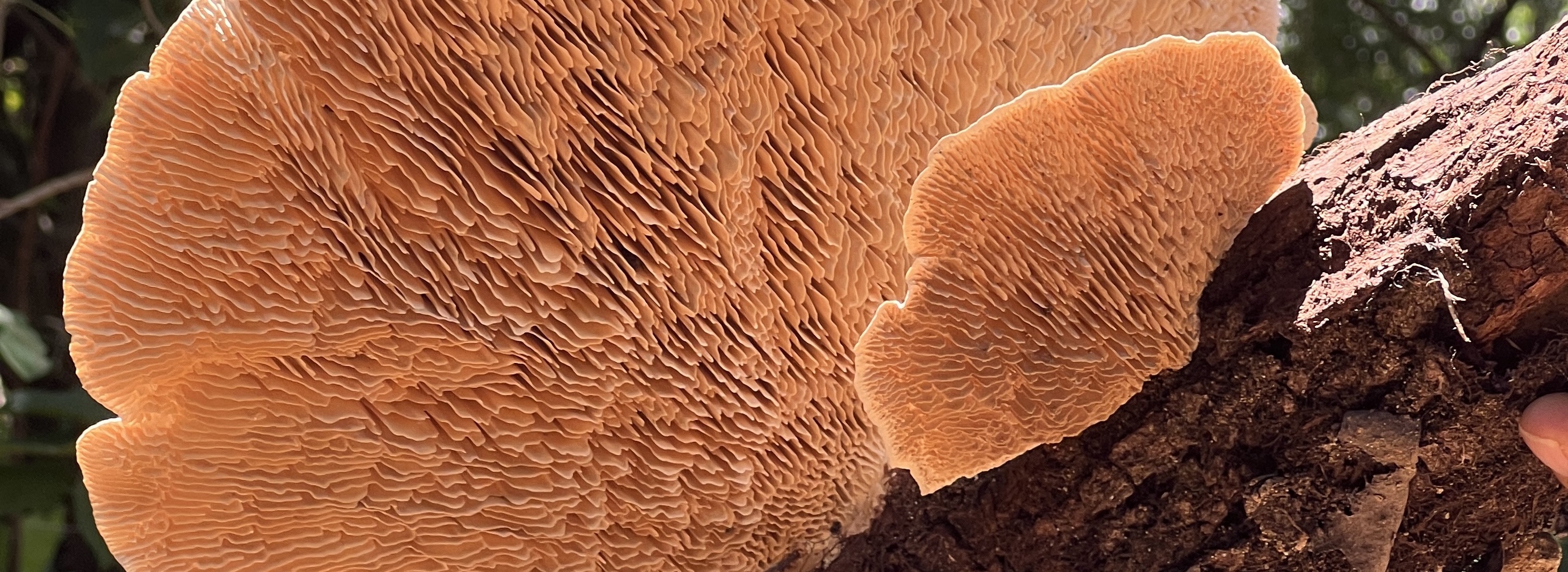
Monteverde Institute: Tropical Ecology and Conservation
Alternative Title
Respuesta de comportamiento del Soterrey (Troglodytidae) a las reproducciones de los depredadores conocidos y no conocidos
Files
Download Full Text (109 KB)
Publication Date
December 2007
Abstract
Predator-prey interactions are important for determining fitness, especially including a prey species’ ability to distinguish a predator from a non-predator. In this study, I investigated how three wren species: the Plain Wren (Thryothorus modestus), the House Wren (Troglodytes musculus) and the Rufus-and-white Wren (Thryothorus rutilus) respond to familiar and unfamiliar predatory calls. The test subjects responded with higher warning call frequency to the predatory calls than the control (p<0.05). Wrens responded to the two predatory birds with similar call frequency, though there were varied responses in approach behavior. The fact that wrens respond to unknown predators similarly to known predators implies that a combination of both genetic inheritance and learning affects predatory birdcall recognition in wrens.
Resumen
Las interacciones de depredador-presa son importantes para determinar la sobrevivencia de las especies, especialmente en la habilidad de las especies para distinguir entre los organismos depredadores y los no depredadores. En este estudio, investigue la habilidad de tres especies de Soterrey: Thryothorus modestus, Troglodytes musculus y Thryothorus rutilus de responder a los cantos conocidos y desconocidos de los depredadores.
Keywords
Wrens, Predator & prey, CIEE Fall 2007
Palabras claves
Sotierres, Depredador y presa, CIEE Otoño 2007
Extent
6 pages
Geographic Location
Monteverde (Puntarenas, Costa Rica)
Holding Location
Monteverde Institute
Language
English; Spanish
Media Type
Articles
Format
Digital Only
Identifier
M39-00418
Type
Book
Recommended Citation
Johnson, Carl D., "Behavioral response of wrens (Troglodytidae) to familiar and unfamiliar predator playbacks, December 2007" (2007). Monteverde Institute: Tropical Ecology and Conservation. 50.
https://digitalcommons.usf.edu/tropical_ecology/50


